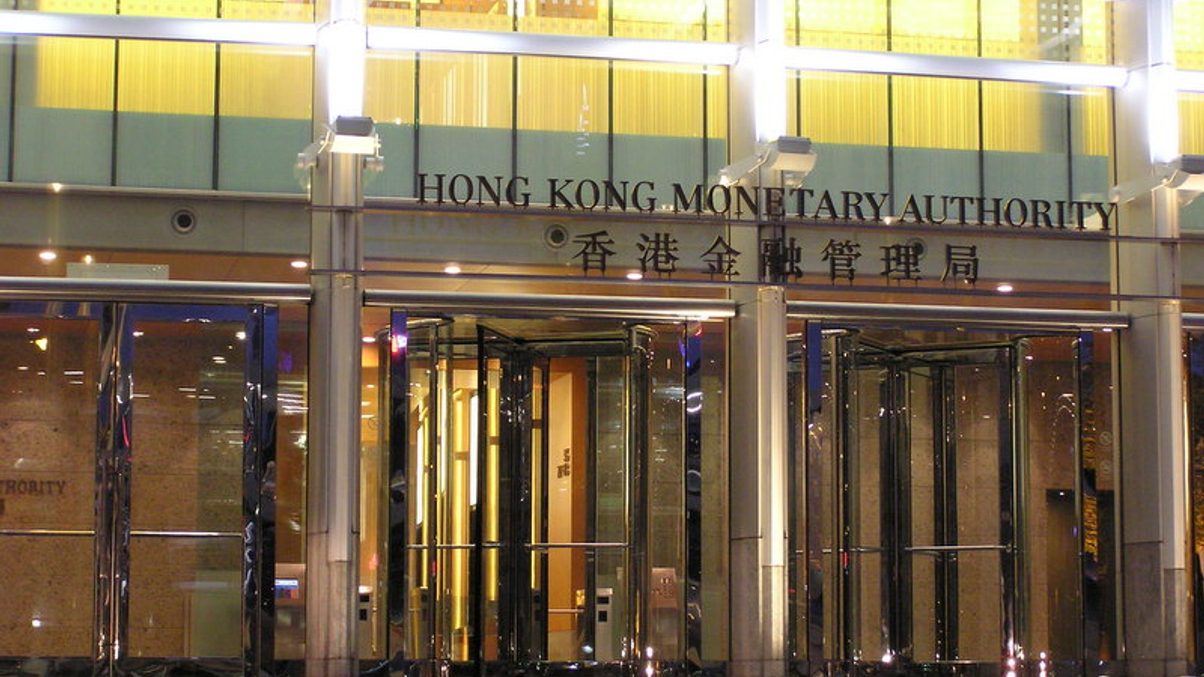How HKMA plans to enhance Exchange Fund liquidity
The de facto central bank plans to increase the liquidity level in its portfolio. Experts say this could mean cutting its alternative asset exposure while raising its allocation to bonds.

The Hong Kong Monetary Authority (HKMA) may reduce its exposure to alternative investments and invest more in overseas bonds to increase the level of liquidity in its portfolio amid the coronavirus pandemic.
Sign in to read on!
Registered users get 2 free articles in 30 days.
Subscribers have full unlimited access to AsianInvestor
Not signed up? New users get 2 free articles per month, plus a 7-day unlimited free trial.
¬ Haymarket Media Limited. All rights reserved.


